Lilith Fair, a groundbreaking music festival that took place during the late 1990s, marked a significant moment in the history of live music and women's empowerment. Founded by Canadian musician Sarah McLachlan, along with Dan Fraser, Terry McBride, and Marty Diamond, it was the first of its kind to feature an all-female lineup, showcasing a diverse range of musical genres. Beyond its entertainment value, Lilith Fair raised millions for women's charities and brought attention to female artists in an industry often dominated by men. This article explores eight key aspects of Lilith Fair's legacy, highlighting how it empowered women through music and left an indelible mark on society.
The Inception of Lilith Fair
The idea for Lilith Fair emerged from Sarah McLachlan's frustration with radio stations and concert promoters who were reluctant to feature two female musicians in a row, fearing it would not draw large audiences. Determined to challenge this notion, McLachlan organized a series of concerts in 1996 featuring only female artists or female-led bands. The success of these shows led to the official launch of Lilith Fair in 1997. It was a bold move that not only showcased the commercial viability of female musicians but also fostered a sense of community and solidarity among them.Breaking Records and Stereotypes
Lilith Fair quickly shattered the myth that female musicians couldn't draw large crowds or generate significant revenue. From 1997 to 1999, the festival toured North America, playing to sold-out venues and raising over $10 million for women's charities. It became one of the highest-grossing touring festivals of the time, proving that there was a strong market for female-led music and paving the way for future generations of women in music.Diversity in Music
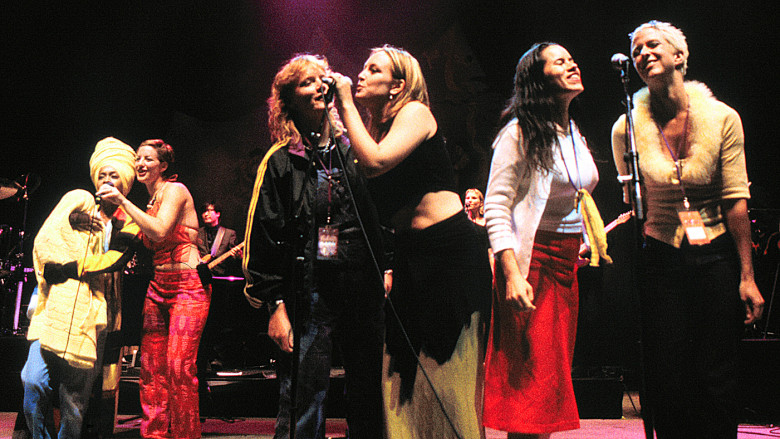
Supporting Women's Charities
A core mission of Lilith Fair was to support causes benefiting women. A portion of the ticket sales from each concert was donated to local, national, and international women's charities, totaling over $7 million by the end of its three-year run. These funds supported a variety of initiatives, including shelters for abused women, breast cancer research, and reproductive rights organizations. Through its philanthropic efforts, Lilith Fair demonstrated how music could be a powerful force for social change.Creating a Safe Space
Lilith Fair was more than just a music festival; it was a safe and inclusive space where fans and artists alike could celebrate their love for music free from the sexism and harassment often found in the music industry and other festival environments. This sense of community and mutual respect was revolutionary at the time and contributed significantly to the festival's popularity. It showed that concerts and festivals could be welcoming spaces for everyone, setting a standard for future events.Inspiring Future Generations
The impact of Lilith Fair extended far beyond its three-year run. It inspired a new generation of female musicians and music industry professionals by showing them that it was possible to succeed on their own terms. The festival also influenced the creation of other female-centric music events and initiatives aimed at addressing gender disparities in the music industry. Today, many artists cite Lilith Fair as a pivotal influence in their careers, underscoring its lasting legacy in empowering women through music.Criticism and Challenges
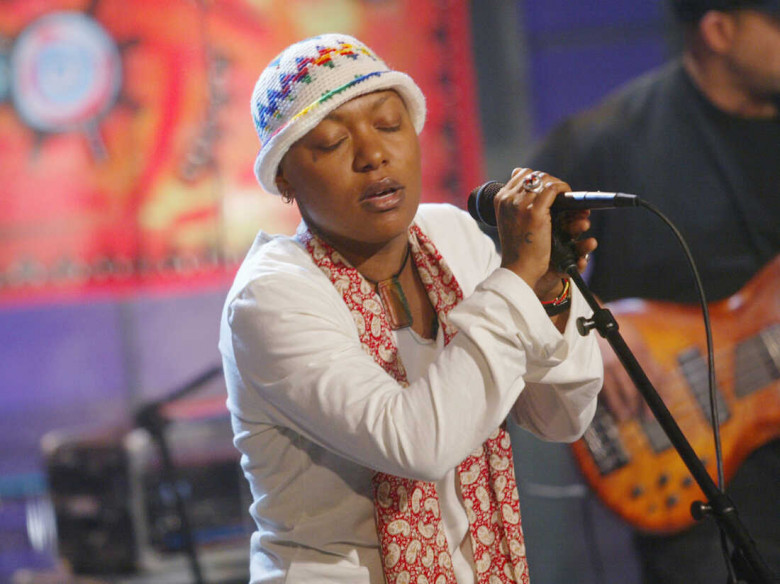

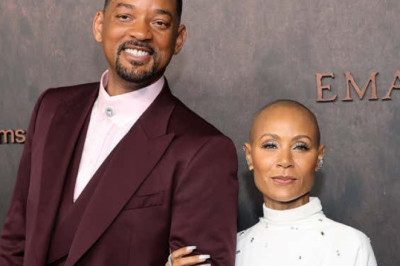
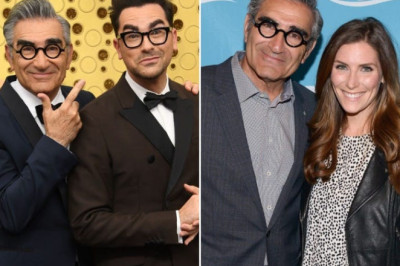
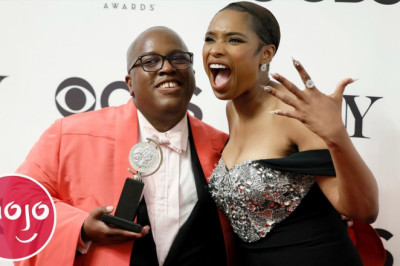
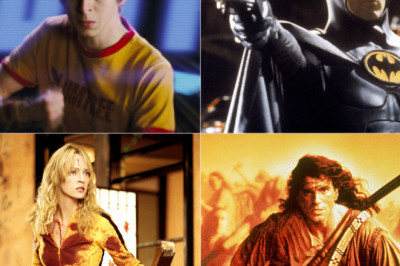
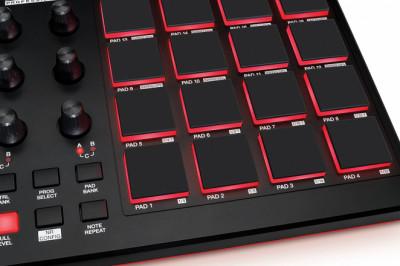
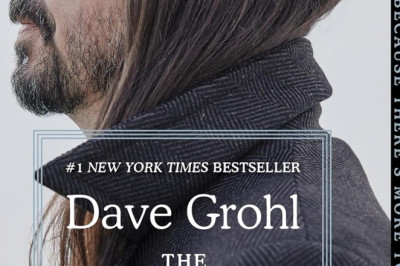
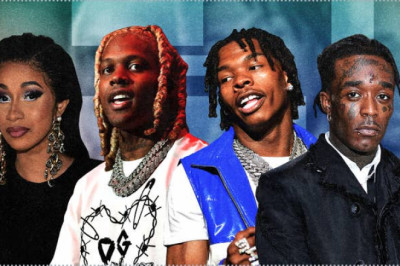
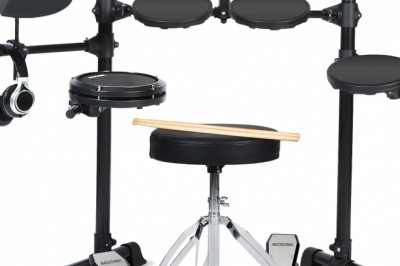


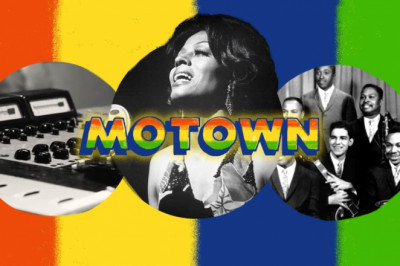
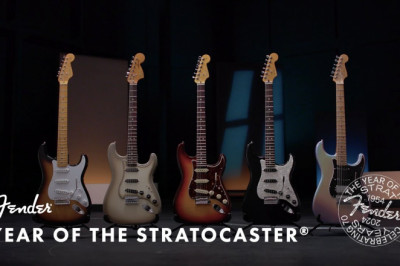
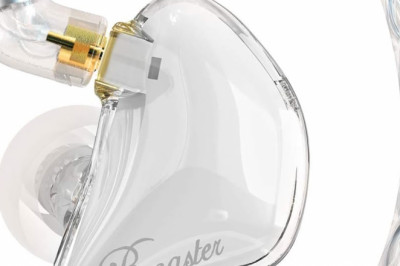
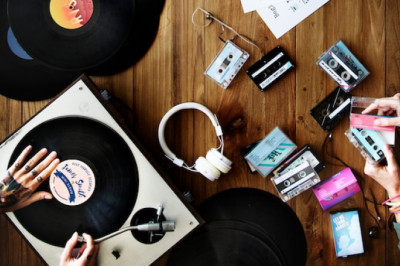
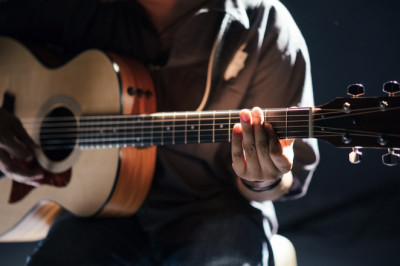
Comments
0 comment